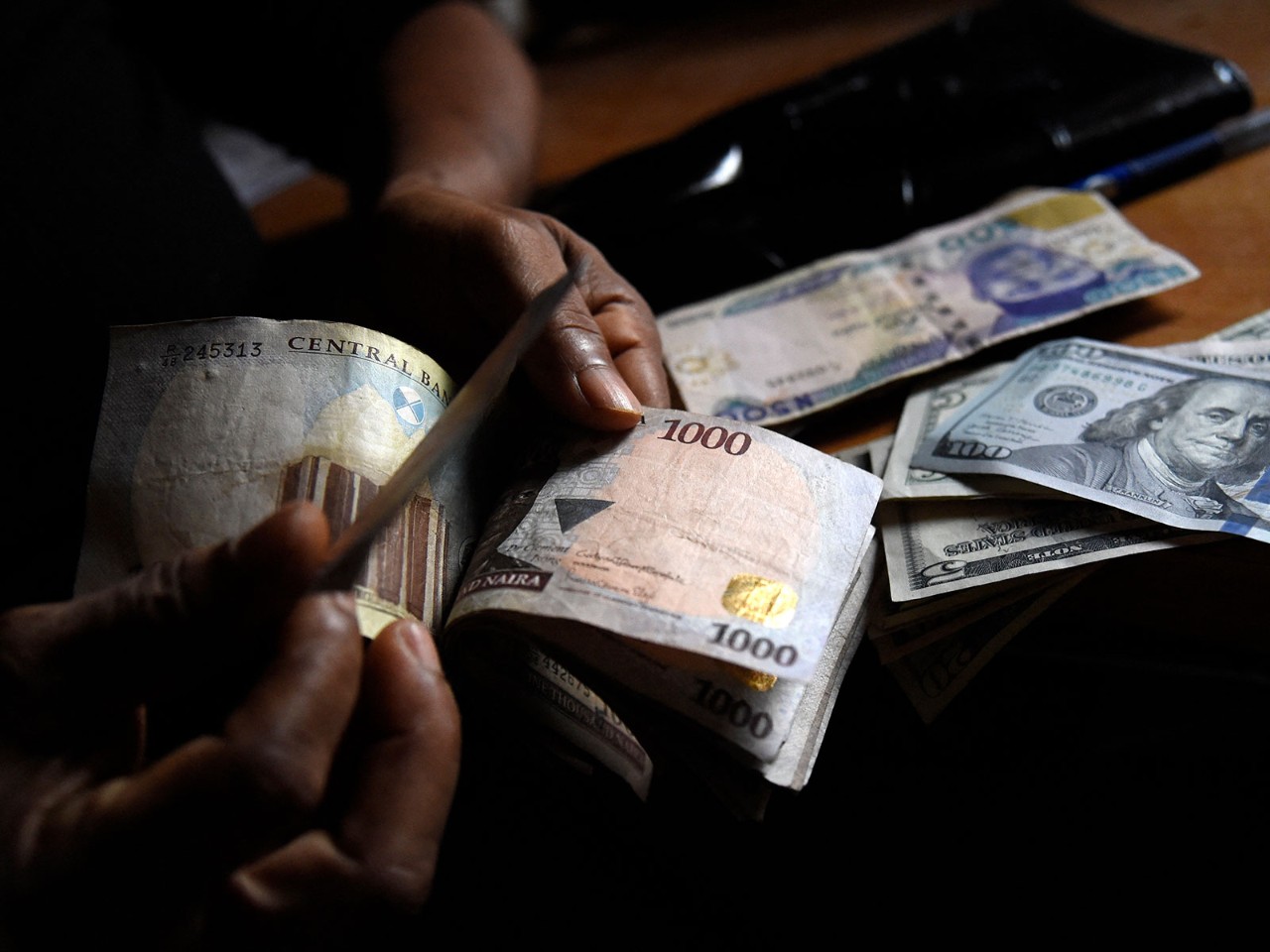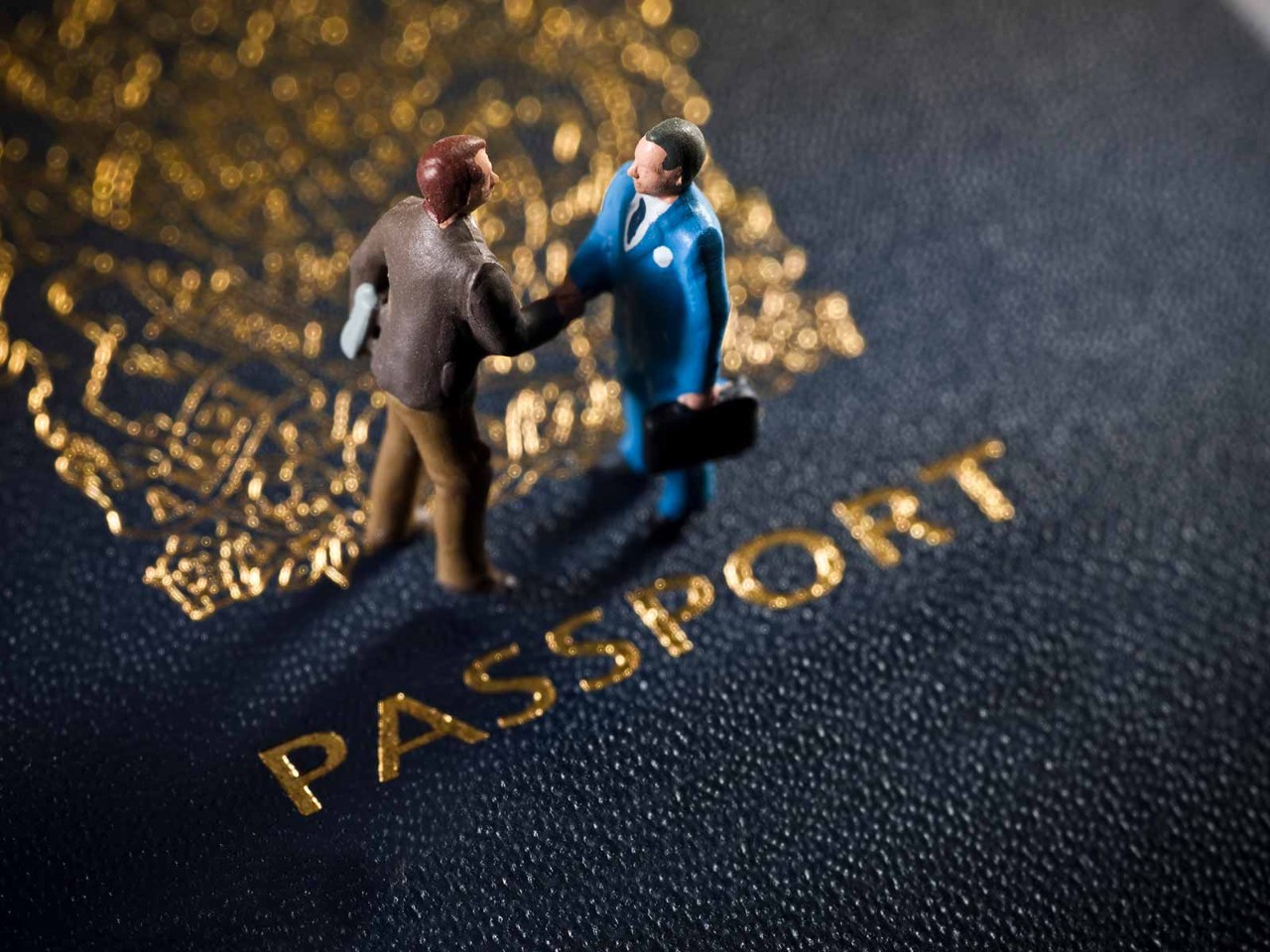
An internationally backed scheme aims to boost financial inclusion among Africa’s SMEs by providing them with the credentials they need to engage in cross-border trade.
Under the scheme, businesses will receive a globally recognised legal entity identifier (LEI), a 20-character, alpha-numeric code based on the ISO 17442 standard developed by the International Organisation for Standardisation that contains information about a business's ownership structure.
LEIs will reduce the compliance and cost burden associated with AML and KYC regulations
Similar to an international company ID card, the LEI can be verified quickly and efficiently, enabling SMEs to apply for trade finance and establish contractual, regulated agreements with banks, payment networks and trading partners.
The initiative – which is funded by the German government – is the result of an international collaboration between organisations including the London Stock Exchange Group, Zimbabwe’s NMB Bank and the Swiss-based Global Legal Entity Identifier Foundation (GLEIF), and will go some way towards helping to bridge Africa’s US$81bn trade finance gap.
NMB Bank will be the first financial institution to accept LEIs from customers during the initial onboarding process, which is also supported by the Centre for Financial Regulation and Inclusion (Cenfri), an independent think-tank that works on African financial sector development, and Cornerstone Advisory, which specialises in financial sector advisory and training services.
The perceived risk of trading with SMEs has been a major challenge both to banks seeking to expand trade finance portfolios on the continent and to international business partners looking to engage this under-utilised sector.
Easier validation
The provision of LEIs will also dramatically reduce the compliance and cost burden associated with stringent anti-money laundering and know-your-customer regulations – a process that routinely prevents banks from lending to new African SMEs due to ID validation and verification difficulties.
‘The LEI has the potential to create a more transparent, efficient cross-border exchange of goods and data under the African Continental Free Trade Area (AfCFTA),’ says GLEIF CEO Stephan Wolf. ‘This is the first step towards greater financial inclusion and overcoming the challenges associated with access to trade finance in Africa.
‘Considering the high pace of digitisation and regulatory development across the African continent, the LEI is a great natural fit. It is a ready-to-go cross-border solution for entity identification that is open, reliable and easily integrated into regulatory frameworks.’
Game-changer
For Copperwares, a copper and silver giftware manufacturer based in Zimbabwe's capital Harare, the introduction of the LEI is set to be a game-changer. ‘We often receive unfavourable repayment terms, which result in indirect exclusion,’ says Second Muguyo, finance and administration manager. ‘The LEI, as a globally recognised form of business ID, will give us greater credibility when we apply for finance, engage in international trade and establish new supplier relationships.’
Takesure Famba, head of ACCA Zimbabwe, comments: 'SMEs are at the core of Zimbabwe’s economic revival and this initiative will unlock value and ease the country’s perennial foreign exchange shortages. With the launch of the AfCFTA, legal entity identifiers will ease the integration of Zimbabwe’s SMEs into the mainstream trade. This couldn’t have come at a better time.'
According to Barry Cooper, technical director at Cenfri, the LEI will also enable more women to become economically active. ‘A robust global enterprise identity opens up an under-represented large base of SMEs and women-owned businesses to trade across Africa as well as across the global markets,’ he says. ‘Cenfri looks forward to the deepening of LEI usage across Africa and the inclusion of SME and women-owned enterprises in the global economy.’



